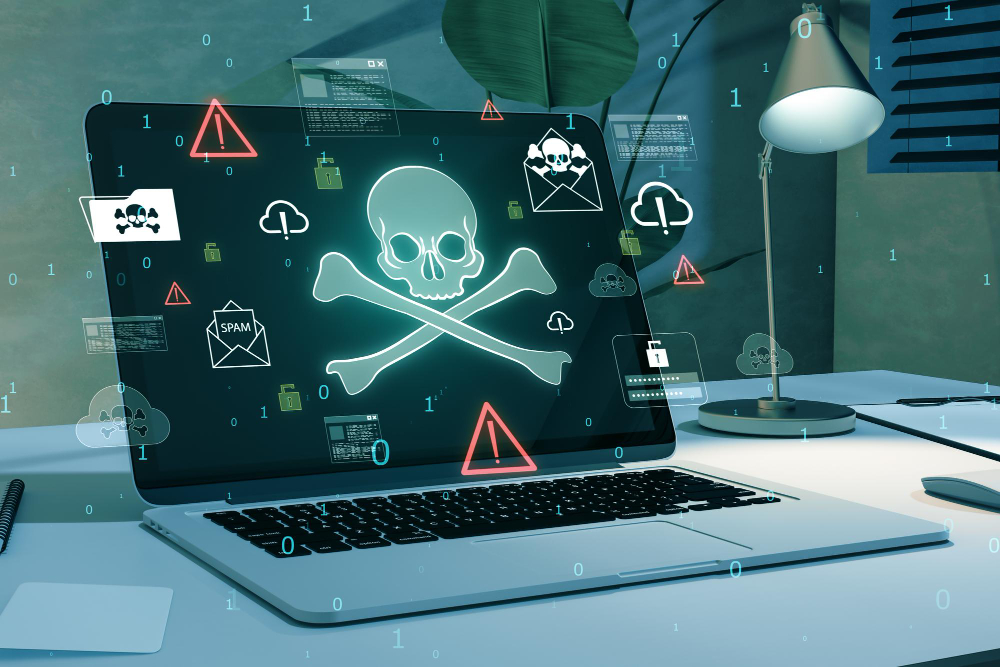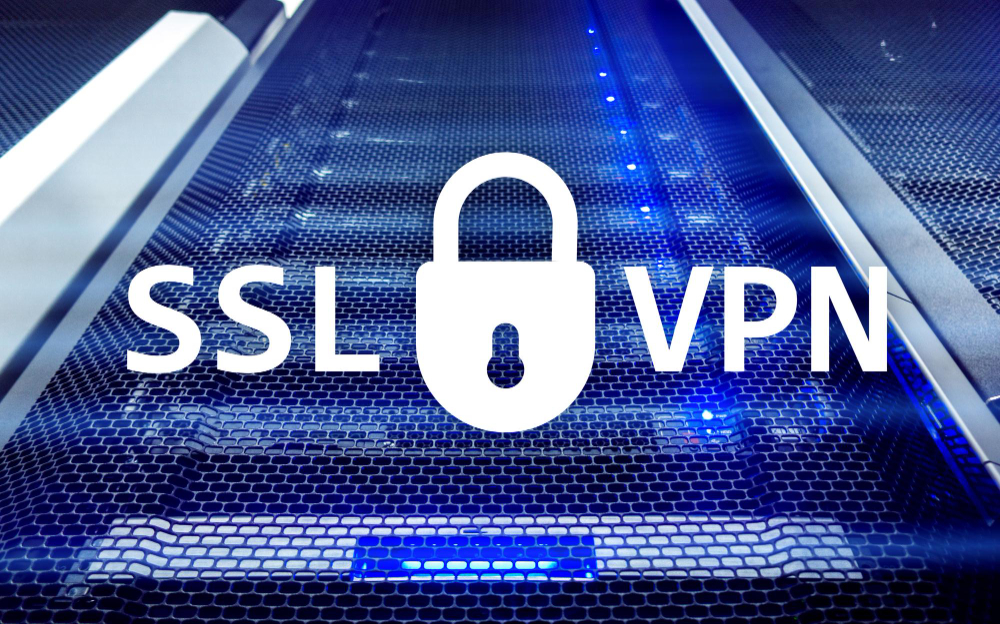
Cyber Security
Doxware Menace: The Rise of Personal Data Theft
 Andrea Abbondanza ,
29 Nov, 2024
Andrea Abbondanza ,
29 Nov, 2024
Cyber threats are always looming; therefore, ensuring the security of your organization’s sensitive information is of utmost importance. Doxware understands this challenge and offers a comprehensive document management solution that prioritizes cybersecurity.
By implementing strong security measures, such as advanced encryption, secure access controls, and regular vulnerability assessments, Doxware empowers businesses to protect their critical documents from unauthorized access and data breaches.
What Is Doxware?

Doxware is ransomware that threatens to release sensitive personal information if a ransom is not paid. This is a more dangerous ransomware that targets your files and privacy.
Doxware attacks often steal personal data such as emails, photos, and financial records. It then threatens to leak this information to the public. This can cause reputational damage and financial loss to both individuals and businesses.
How does doxware work?

Doxware is a type of ransomware that not only locks your files but also steals your sensitive information. Here’s how it works:
1. Infection: Doxware sneaks onto your computer and often disguises itself as a harmless email attachment or website link.
2. Data Theft: Once inside, it secretly steals files, emails, and other personal data.
3. Encryption: This locks your files, making them inaccessible.
4. Extortion: The attacker demands a ransom, threatening to release your stolen data publicly if you don’t pay.
What Is the Difference Between Ransomware and Doxware?

Ransomware and Doxware are types of malicious software that can wreak havoc on your computer system. Despite their similarities, they have different characteristics:
Ransomware:
- Primary Purpose: Lock your files, making them inaccessible until you pay the ransom.
- Focus: Primarily targets your files and data.
- Threat: Loss of data and disruption of business operations.
Doxware:
- Primary Purpose: Steals your sensitive personal information and threatens to leak it to the public if you don’t pay the ransom.
- Focus: Targeting your files and privacy.
- Threats: Data loss, business operations disruption, and reputational damage.
Ransomware holds your files hostage, while Doxware holds your privacy hostage. Both are serious threats, but Doxware adds a layer of danger by exposing your personal information to potential harm.
Impact of doxware on business

Doxware can have a devastating impact on businesses, both financially and reputationally. Here’s how:
Financial Loss:
- Ransom Payments: Businesses may be forced to pay a hefty ransom to regain access to their data and prevent releasing sensitive information.
- Business Disruption: Doxware attacks can disrupt operations, causing loss of productivity and revenue.
- Recovery Costs: Recovering from a Doxware attack can be expensive, involving IT support, data recovery services, and potential legal fees.
Reputational Damage:
- Loss of Trust: A data breach caused by Doxware can erode customer trust and damage the company’s reputation.
- Negative Publicity: Public exposure of sensitive information can lead to negative media coverage and public backlash.
- Regulatory Fines: Depending on the nature of the data breached, businesses may face significant fines and penalties from regulatory authorities.
Legal Liability:
- Customer Lawsuits: Affected customers may sue the business for damages resulting from the data breach.
- Regulatory Investigations: Businesses may face investigations and legal action from government agencies.
How to Protect Against Doxware

Prioritize Software Updates and Patch Management
Keeping your software and operating systems up-to-date is crucial to protect against Doxware. Software updates often include security patches that address vulnerabilities exploited by cybercriminals. Regular updates ensure your system is fortified against the latest threats.
Enhance Cybersecurity Awareness and Training
Educating your employees about cybersecurity best practices is essential. Train them to recognize phishing emails, avoid suspicious links, and be cautious of social engineering tactics. Regular training can significantly reduce the risk of human error, a common entry point for cyberattacks.
Use VPNs and Secure Connections
When using public Wi-Fi networks, protect your devices by using a VPN. VPNs encrypt your internet traffic, making it difficult for hackers to intercept your data. Use secure connections (HTTPS) whenever possible to encrypt your online activities.
Implement a Zero Trust Security Model
A zero-trust security model assumes no user or device is inherently trustworthy. It requires continuous verification and authorization before granting access to resources. This approach helps prevent unauthorized access and minimizes the impact of potential breaches.
Adopt Multi-Factor Authentication (MFA)
Multi-Factor Authentication adds an extra layer of security by requiring users to provide two or more forms of identification. This makes it significantly harder for hackers to access accounts, even if they have stolen passwords.
Frequently Asked Questions
How do Doxware attacks typically start, and what are the typical entry points for attackers?
Doxware attacks often involve phishing emails, malicious website links, or infected software downloads. Attackers exploit vulnerabilities in outdated software, weak passwords, and human error to gain access to systems. Once inside, they stealthily steal sensitive data and encrypt files, demanding a ransom to restore access and prevent leaks.
What are some of the most common industries or individuals targeted by Doxware attacks?
Doxware attacks can target a wide range of individuals and industries. High-profile individuals, celebrities, and politicians are often targeted due to the potential for significant reputational damage and blackmail. Additionally, businesses in sectors like finance, healthcare, and technology are attractive targets due to the value of their intellectual property and customer data.
What are the legal implications of Doxware attacks for both victims and perpetrators?
Doxware attacks can have profound legal implications for both victims and perpetrators. Victims may face significant financial losses, reputational damage, and potential legal liabilities. Perpetrators may face criminal charges, including hacking, extortion, and identity theft. Additionally, both victims and perpetrators may be subject to civil lawsuits, depending on the severity of the attack and the damages incurred.
Conclusion
Doxware poses a severe threat to individuals and businesses, demanding a multi-pronged approach to defense. You can significantly reduce your vulnerability by prioritizing strong cybersecurity measures, including regular updates, employee training, and robust authentication protocols. Remember, staying informed is critical. At Fluxgate, we’re dedicated to providing the latest cybersecurity resources and solutions.







